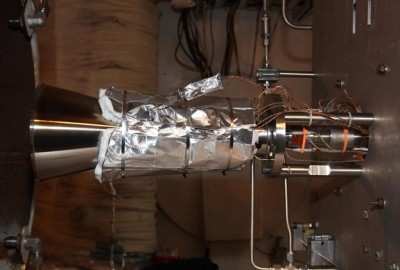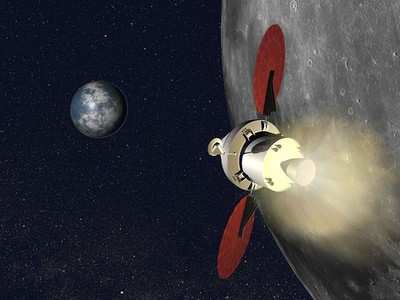Mon, Nov 28, 2011
Advertisement
More News
 Affordable Flying Expo Announces Industry MOSAIC Town Hall
Affordable Flying Expo Announces Industry MOSAIC Town Hall
Scheduled for Friday, November 7th at 1800ET, The MOSAIC Town Hall, Webcast At www.airborne-live.net One of the more intriguing features of the 2025 Affordable Flying Expo, schedul>[...]
 Classic Aero-TV: Composite-FX Sets Elevates the Personal Helicopter Market
Classic Aero-TV: Composite-FX Sets Elevates the Personal Helicopter Market
From 2023 (YouTube Edition): The Mosquito Evolves Formerly known as Mosquito, Trenton, Florida-based Composite FX is a designer and manufacturer of personal kit and factory-finishe>[...]
 Aero-News: Quote of the Day (10.25.25)
Aero-News: Quote of the Day (10.25.25)
“The Board is pleased to name Lisa as our next CEO after conducting a comprehensive succession planning process and believes this transition will ensure continued success for>[...]
 ANN's Daily Aero-Term (10.25.25): Ground Stop (GS)
ANN's Daily Aero-Term (10.25.25): Ground Stop (GS)
Ground Stop (GS) The GS is a process that requires aircraft that meet a specific criteria to remain on the ground. The criteria may be airport specific, airspace specific, or equip>[...]
 NTSB Final Report: Gallow Daniel A Kitfox Classic IV
NTSB Final Report: Gallow Daniel A Kitfox Classic IV
The Airplane Stalled Above The Runway Threshold, The Nose Dropped, The Nose Wheel Impacted The Runway, And The Airplane Flipped Over Analysis: The pilot reported that during the fi>[...]
blog comments powered by Disqus





